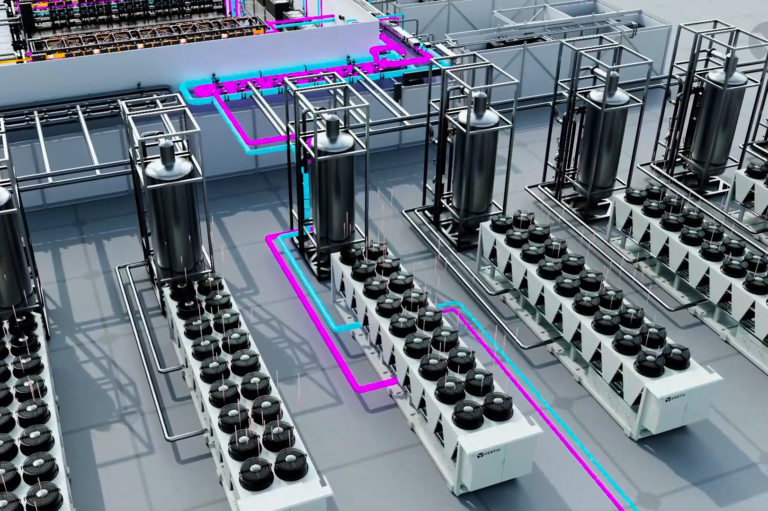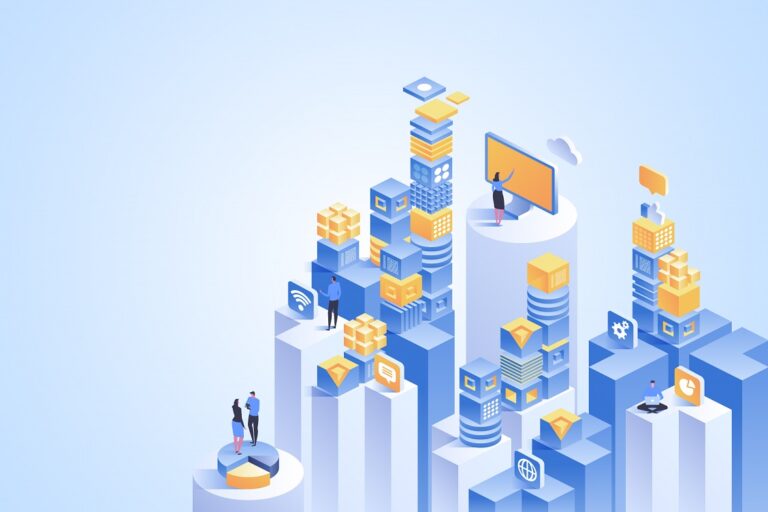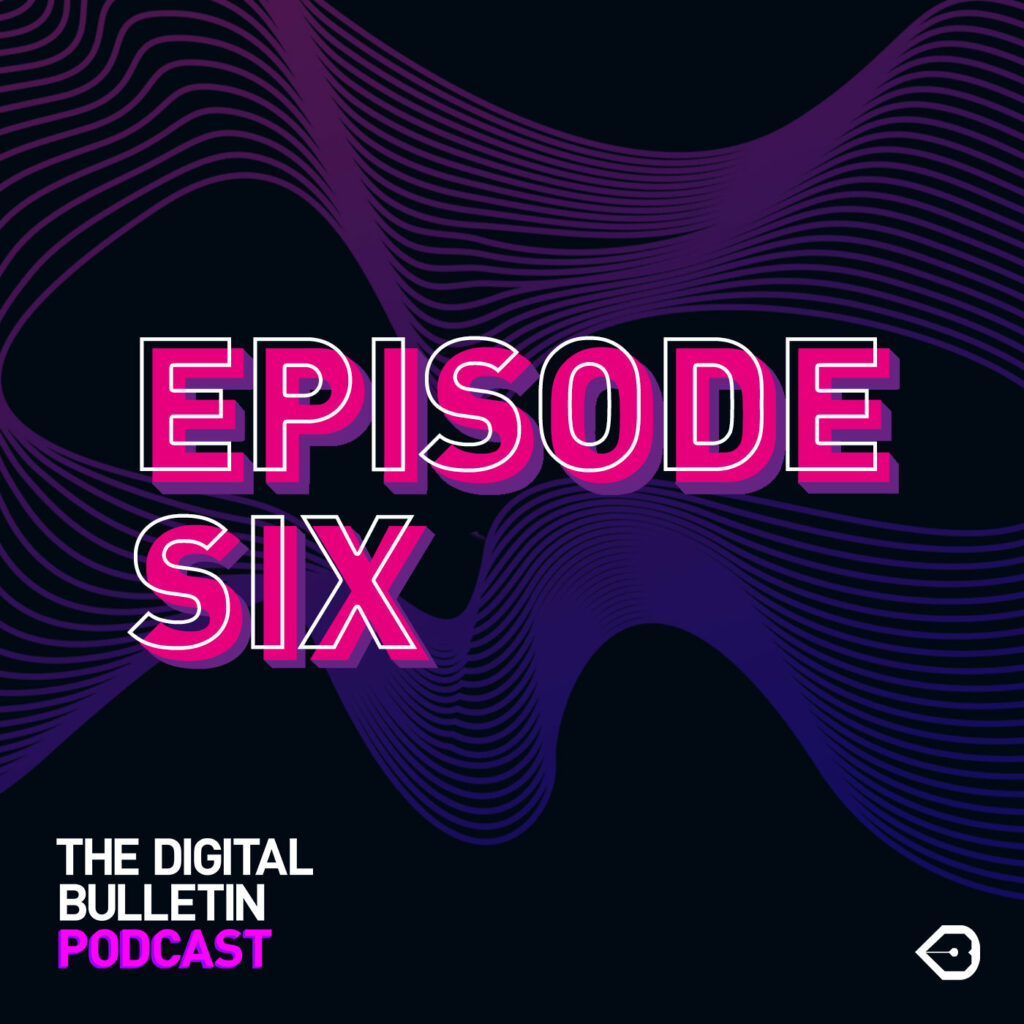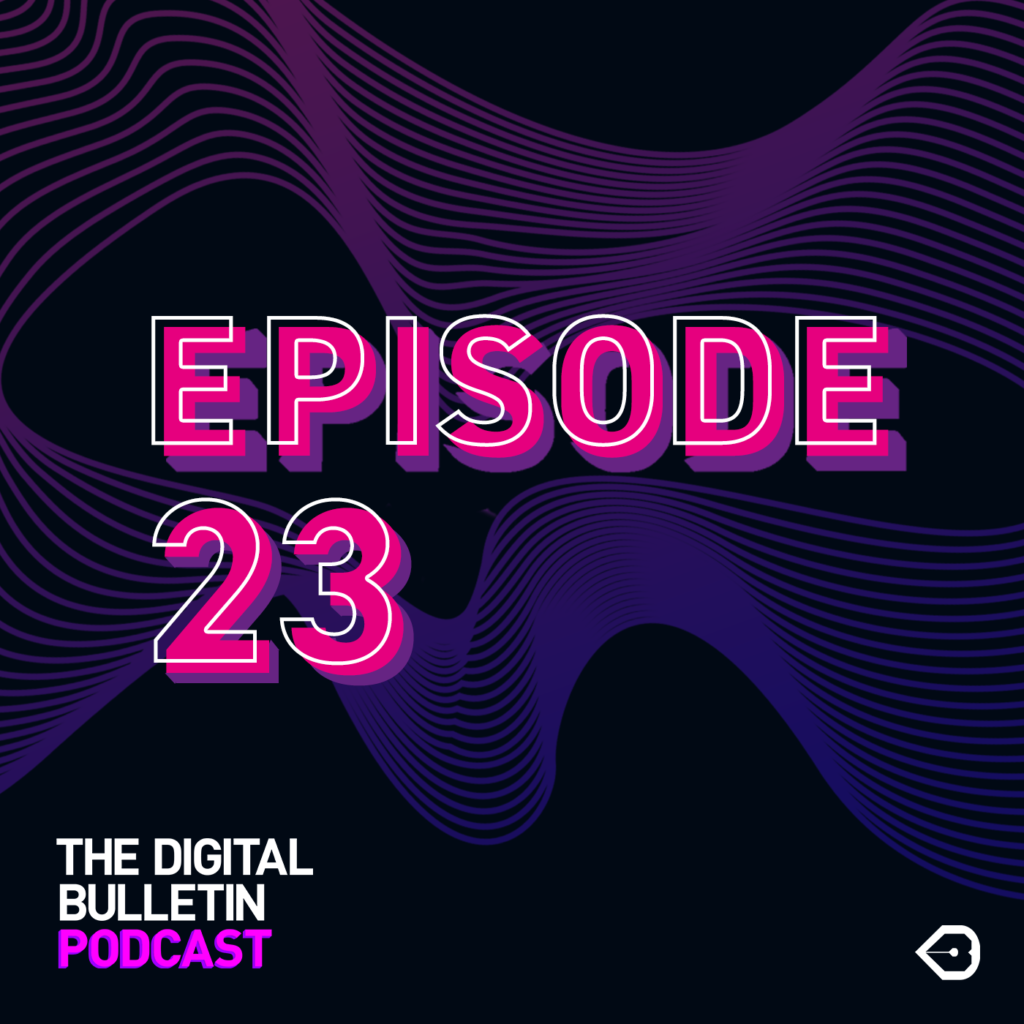
Making AI work where it matters
AI must deliver measurable value in daily operations. From manufacturing to retail, businesses are shifting from pilots to practical deployment, building trust and preparing for agentic AI.

AI must deliver measurable value in daily operations. From manufacturing to retail, businesses are shifting from pilots to practical deployment, building trust and preparing for agentic AI.

AI workloads are transforming data centre heat management, demanding adaptive cooling strategies, hybrid liquid-air systems and intelligent thermal control across the entire facility.

Super Bowl advertising revealed a pivotal shift in AI branding, as companies prioritised trust, credibility and emotional resonance over product features and technical performance claims.

AI-driven order-to-cash transformation is emerging as a strategic growth engine, improving liquidity, reducing risk and enhancing customer experience across B2B and B2C organisations.

AI ambition is rising fast, but operational adoption remains limited. Organisations must bridge the gap between strategy, skills, data foundations and scalable execution.

Enterprise AI is failing at scale due to fragmented data. A unified, platform-based approach enables governed autonomy, trusted decisions, and sustainable AI-driven transformation.

AI-driven fake accounts are rising fast. Learn how robust customer verification helps organisations prevent fraud, protect data quality, and build trusted digital relationships.

Operational sovereignty is now critical as organisations face geopolitical instability, regulatory pressure and infrastructure disruption while striving to maintain resilience, compliance and control over digital operations.

The UK’s AI ambitions risk stalling without widespread education, as gaps in training across schools and businesses undermine effective adoption and long-term return on investment.

Deepfakes are becoming a serious security threat, enabling disinformation, fraud and disruption. Detecting and countering synthetic media is now essential for governments and organisations.

UK business leaders are investing heavily in AI, but success in 2026 will depend on targeting spend wisely, balancing automation with people, and building trusted, ethical strategies.

In 2026, AI becomes operational. Success will depend on unified data architectures, embedded AI agents, strong governance and skills that enable reliable, real-time intelligence.

Manon Dave explores how AI is reshaping creative industries, arguing that human imagination, artist agency and ownership must remain central as intelligent tools redefine cultural creation.

Agentic commerce is redefining retail traffic and security. As AI agents proliferate, retailers must move beyond bot detection to intent-based, behavioural defence strategies.

Artificial intelligence is transforming travel by reducing planning friction, building trust across the journey, and enabling personalised, connected experiences that improve satisfaction and loyalty.

AI is transforming gift giving through agentic commerce, personalised recommendations, and AI-ready product data, helping brands stay visible as shoppers increasingly trust AI to choose for them.

As AI agents reshape applications, organisations must move beyond fragmented data architectures and adopt unified data stacks that enable real-time insight, scalability, and innovation.

AI is transforming energy grid management by enabling real-time intelligence, helping operators manage volatile demand from data centres and build more resilient, efficient power systems.

UK retailers face mounting pressure. Strategic AI investment enables operational efficiency, predictive planning and scalable growth, helping brands do more with fewer resources.

Many organisations invest in AI agents but fail to see value. Embedding AI into core business processes is the key to scalability, security, and measurable ROI.

AI adoption is accelerating, but rising costs, inflation and sovereignty concerns are forcing organisations to rethink how they control spend, manage data and mitigate long-term risk.

Rahul Puri of STL explains why deployment efficiency now surpasses bandwidth in importance, showing how smarter FTTH operations are transforming fibre rollout and strengthening the UK’s digital infrastructure.

Retailers must blend strong logistics, AI-powered personalisation, real-time visibility and robust data foundations to meet rising customer expectations and drive successful Black Friday performance in 2025.

Generative AI is reshaping developer roles, shifting the focus from technical execution to hybrid human-machine expertise and redefining how organisations identify, grow and value tech talent.

Inside the ambitious transformation of Deutsche Telekom IT

Over four years, Mars has instilled a culture of user centric design and agile sprint delivery.

Elastic Path CTO Sal Visca on why API-first headless platforms are the future for commerce

Without effective DataOps, CIOs will struggle to justify their digital investments, according to Hitachi Vantara’s Jonathan Bowl

Many organisations invest heavily in technology yet fail to unlock its value. True competitive advantage comes from mastering fewer, purpose-built tools and embedding them deeply across teams.

How do leaders strike the right balance? New Relic’s EMEA CTO Greg Ouillon looks for answers

This month Ben, Rom and James talk coronavirus and how it’s changing the way we work, how the outbreak is testing healthcare infrastructures and why it’s putting new demands on Silicon Valley. The trio also discuss our Thames Water case study and hear from Richard Brown, CTO of enterprise blockchain firm R3.

This month, Ben, Rom and James discuss Mark Zuckerberg’s ambitions to grow Facebook into a “metaverse company”. Ben and James are then joined by Gus Machado, Intuit’s Design Director, who shares insights into the design thinking behind some of its hugely popular financial products.

AI must deliver measurable value in daily operations. From manufacturing to retail, businesses are shifting from pilots to practical deployment, building trust and preparing for agentic AI.

AI workloads are transforming data centre heat management, demanding adaptive cooling strategies, hybrid liquid-air systems and intelligent thermal control across the entire facility.

Super Bowl advertising revealed a pivotal shift in AI branding, as companies prioritised trust, credibility and emotional resonance over product features and technical performance claims.

AI-driven order-to-cash transformation is emerging as a strategic growth engine, improving liquidity, reducing risk and enhancing customer experience across B2B and B2C organisations.

AI ambition is rising fast, but operational adoption remains limited. Organisations must bridge the gap between strategy, skills, data foundations and scalable execution.

Enterprise AI is failing at scale due to fragmented data. A unified, platform-based approach enables governed autonomy, trusted decisions, and sustainable AI-driven transformation.

AI-driven fake accounts are rising fast. Learn how robust customer verification helps organisations prevent fraud, protect data quality, and build trusted digital relationships.

Operational sovereignty is now critical as organisations face geopolitical instability, regulatory pressure and infrastructure disruption while striving to maintain resilience, compliance and control over digital operations.

The UK’s AI ambitions risk stalling without widespread education, as gaps in training across schools and businesses undermine effective adoption and long-term return on investment.

Deepfakes are becoming a serious security threat, enabling disinformation, fraud and disruption. Detecting and countering synthetic media is now essential for governments and organisations.

UK business leaders are investing heavily in AI, but success in 2026 will depend on targeting spend wisely, balancing automation with people, and building trusted, ethical strategies.

In 2026, AI becomes operational. Success will depend on unified data architectures, embedded AI agents, strong governance and skills that enable reliable, real-time intelligence.

Manon Dave explores how AI is reshaping creative industries, arguing that human imagination, artist agency and ownership must remain central as intelligent tools redefine cultural creation.

Agentic commerce is redefining retail traffic and security. As AI agents proliferate, retailers must move beyond bot detection to intent-based, behavioural defence strategies.

Artificial intelligence is transforming travel by reducing planning friction, building trust across the journey, and enabling personalised, connected experiences that improve satisfaction and loyalty.

AI is transforming gift giving through agentic commerce, personalised recommendations, and AI-ready product data, helping brands stay visible as shoppers increasingly trust AI to choose for them.

As AI agents reshape applications, organisations must move beyond fragmented data architectures and adopt unified data stacks that enable real-time insight, scalability, and innovation.

AI is transforming energy grid management by enabling real-time intelligence, helping operators manage volatile demand from data centres and build more resilient, efficient power systems.

UK retailers face mounting pressure. Strategic AI investment enables operational efficiency, predictive planning and scalable growth, helping brands do more with fewer resources.

Many organisations invest in AI agents but fail to see value. Embedding AI into core business processes is the key to scalability, security, and measurable ROI.

AI adoption is accelerating, but rising costs, inflation and sovereignty concerns are forcing organisations to rethink how they control spend, manage data and mitigate long-term risk.

Rahul Puri of STL explains why deployment efficiency now surpasses bandwidth in importance, showing how smarter FTTH operations are transforming fibre rollout and strengthening the UK’s digital infrastructure.

Retailers must blend strong logistics, AI-powered personalisation, real-time visibility and robust data foundations to meet rising customer expectations and drive successful Black Friday performance in 2025.

Generative AI is reshaping developer roles, shifting the focus from technical execution to hybrid human-machine expertise and redefining how organisations identify, grow and value tech talent.